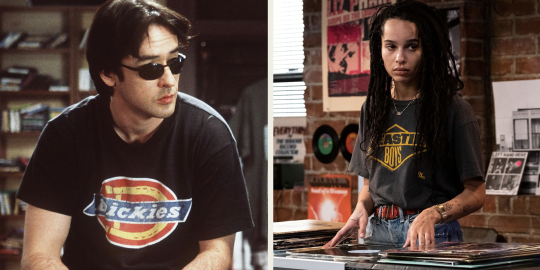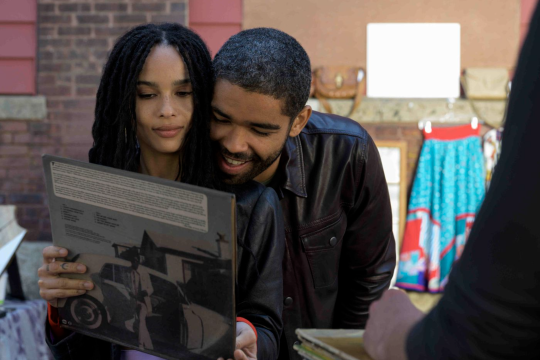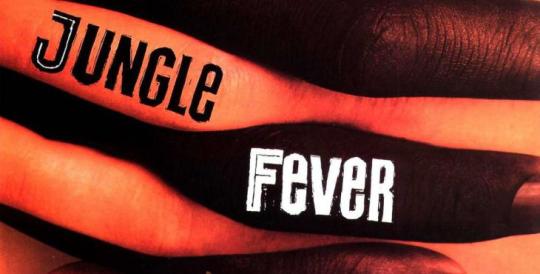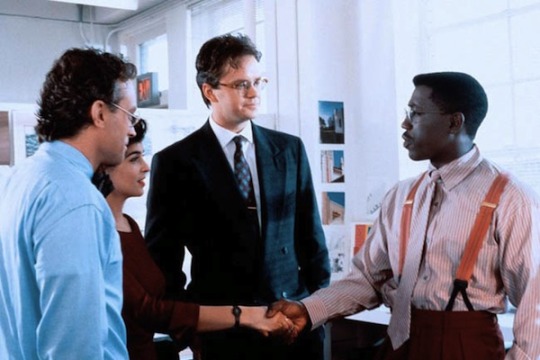It’s Arrested Development: How ‘High Fidelity’ Has Endured Beyond Its Cultural Sell-By Date by Vikram Murthi
By Yasmina Tawil

It’s easy to forget now that at the beginning of 2020, before the pandemic had taken hold of our consciousness, for a brief moment, High Fidelity was back. Not only did Nick Hornby’s debut novel and Stephen Frears’ film adaptation celebrate major milestones this year — 25th and 20th anniversaries, respectively — but a TV adaptation premiered on Hulu in February. In light of all of these arbitrary signposts, multiple thinkpieces and remembrances litigated Hornby’s original text on familiar, predictable grounds. Is the novel/film’s protagonist Rob actually an asshole? (Sure.) Does Hornby uphold his character’s callous attitudes towards women? (Not really.) Hasn’t the story’s gatekeeping, anti-poptimist approach to artistic taste culturally run its course? (Probably.) Why do we need to revisit this story about this person right now? (Fair question!)
Despite reasonable objections on grounds of relevancy, enough good will for the core narrative—record store owner seeks out a series of exes to determine a pattern of behavior following a devastating breakup—apparently exists to help produce a gender-flipped streaming show featuring updated musical references and starring a decidedly not-middle-aged Zoë Kravitz. I only made it through six of ten episodes in its first (and only) season, but I was surprised by how closely the show hewed to High Fidelity’s film adaptation, to the point of re-staging numerous scenes down to character blocking and swiping large swaths of dialogue wholesale. (Similarly, the film adaptation hewed quite close to the novel, with most of the dialogue ripped straight from Hornby.) Admittedly, the series features a more diverse cast than the film, centering different experiences and broadly acknowledging some criticisms of the source material regarding its ostensibly exclusionary worldview. Nevertheless, it seemed like a self-defeating move for the show to line itself so definitively with a text that many consider hopelessly problematic, especially considering the potential to repurpose its premise as a springboard for more contemporary ideas.

High Fidelity’s endurance as both a piece of IP and a flashpoint for media discourse is mildly baffling for obvious reasons. For one thing, its cultural milieu is actually dated. Even correcting for vinyl’s recent financial resurgence, the idea of snooty record store clerks passing judgment on customer preferences has more or less gone the way of the dodo. With the Internet came the democratization of access, ensuring that the cultivation of personal taste is no longer laborious or expensive, or could even be considered particularly impressive (if it ever could have been). Secondly, as one might imagine, some of Hornby’s insights into heterosexual relationships and the differences between men and women, even presented through the flawed, self-deprecating interiority of High Fidelity’s main character, are indeed reductive. Frears’ film actually strips away the vast majority of Hornby’s weaker commentary, but the novel does include such cringeworthy bits like, “What’s the deal with foreplay?” that are best left alone.
Accounting for all of that, though, it’s remarkable how many misreadings of Hornby’s text have been accepted as conventional wisdom. It’s taken as a given by many that the novel and film earnestly preach the notion that what you like is more important than what you are like when, in fact, the narrative arc is constructed around reaching the opposite conclusion. (The last lines of the novel and film are, literally, “…I start to compile in my head a compilation tape for her, something that’s full of stuff she’s heard of, and full of stuff she’d play. Tonight, for the first time ever, I can sort of see how it’s done.”) That’s relatively minor compared to the constant refrain that Rob’s narcissism goes uncriticized, even though the story’s thematic and emotional potency derives from what the audience perceives that Rob cannot. To put it bluntly, High Fidelity’s central irony revolves around a man who listens to music for a living being unable to hear the women in his life.






